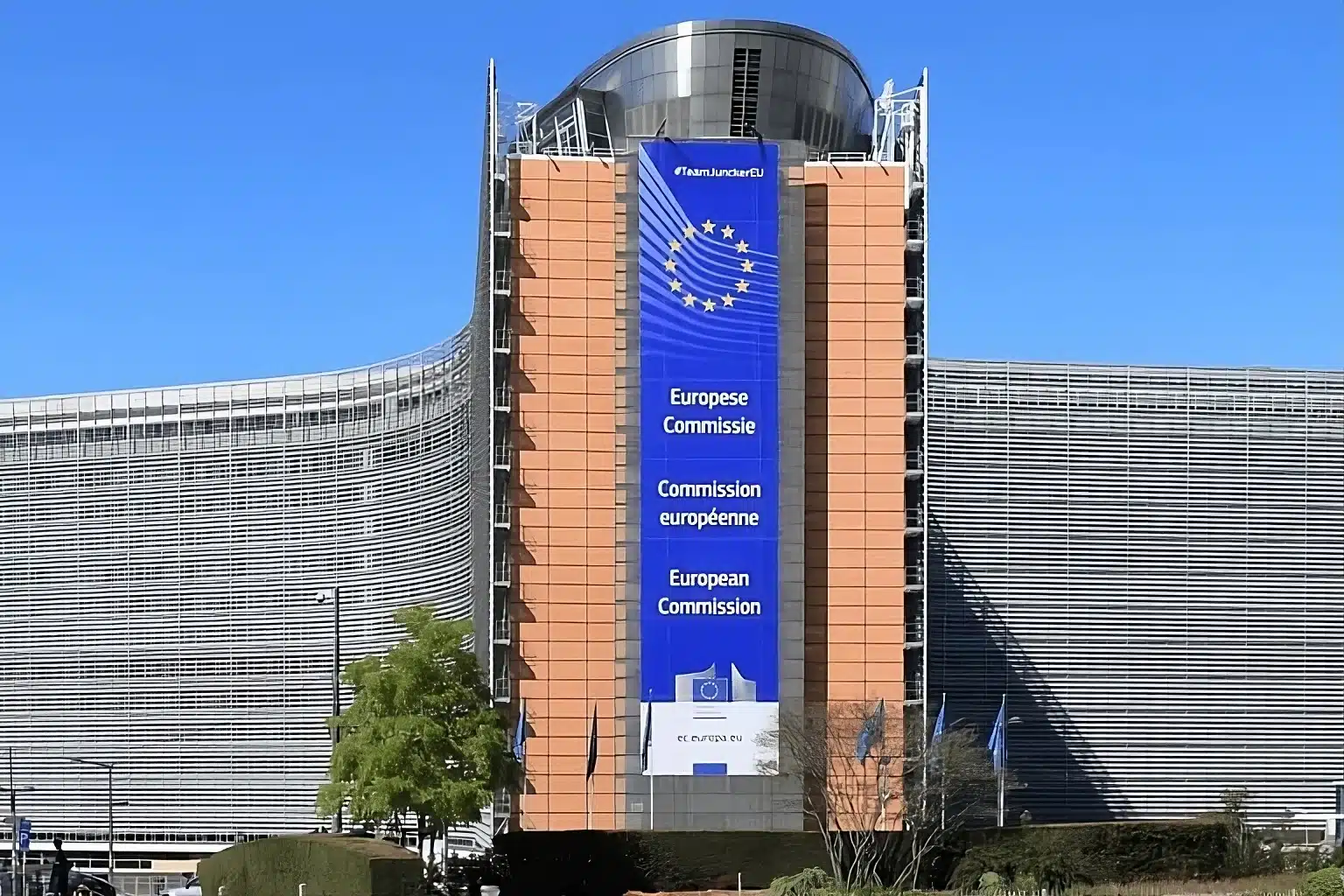European Commission Suggests Meta Could Face Fines of Up to 10% of Global Revenue for Breaching Regulations
The European Commission has flagged Meta for violating the Digital Markets Act (DMA) with its controversial ‘pay or consent’ model. This case not only impacts the future of data privacy but also sets a critical precedent for how AI-powered platforms must operate in compliance with evolving regulations. Meta, which may face fines of up to 10% of its global revenue, is being scrutinized for forcing users to choose between paying for services or allowing extensive data collection. The EU aims to ensure both data protection and fair competition, especially within AI-driven ecosystems.
Understanding the ‘Pay or Consent’ Model
Meta introduced the ‘pay or consent’ system in November 2023 across its platforms like Facebook and Instagram. Under this model, users in the EU must either pay for an ad-free experience or consent to personalized advertising, which involves the extensive use of their data across multiple services.
Why Meta’s Model Conflicts with the Digital Markets Act
The Digital Markets Act specifically targets “gatekeepers”—dominant online platforms with substantial market influence, like Meta. According to Article 5, paragraph 2 of the DMA, gatekeepers are required to obtain user consent before combining their personal data across different services. However, this consent should not be tied to access to the platform’s features. Users must have the option to refuse personalized data collection and still receive equivalent services. Meta’s ‘pay or consent’ model fails to provide a clear alternative for users who prefer less intrusive data collection practices, raising concerns among regulators.
The Role of AI in Personalized Advertising
AI is at the core of Meta’s advertising model, analyzing vast amounts of user data to deliver personalized ads. However, this reliance on AI also makes it more susceptible to regulatory challenges, especially when it comes to data protection laws and ethical AI practices. The European Commission, led by Margrethe Vestager (EU Competition Commissioner) and Thierry Breton (Commissioner for the Internal Market), is focusing on ensuring that these AI-driven services align with stringent data protection standards.
What Are the Implications for AI Regulations and Businesses?
The EU’s investigation into Meta’s practices could set a new precedent for AI and data-driven platforms across the globe. The Commission’s actions emphasize the importance of balancing innovation with responsibility, particularly when it comes to AI and data privacy:
1. Fines and Structural Remedies
If found in violation, Meta could face a fine of up to 10% of its global turnover. In cases of systemic breaches, the Commission may impose even harsher penalties, such as requiring Meta to divest certain business units.
2. Increased Scrutiny for AI-Driven Platforms
This case underscores the growing regulatory attention on platforms using AI to process personal data. Companies that use AI to power their services must now ensure compliance with not only AI-related standards but also broader data privacy regulations.
3. Fair Competition in the AI Space
The DMA aims to level the playing field for smaller, innovative companies. If Meta, as a gatekeeper, is found to be leveraging its massive AI capabilities in a way that stifles competition, it could face additional restrictions designed to restore fair market conditions.
Meta’s Response and Next Steps
Meta has the opportunity to respond to the European Commission’s findings by submitting a written defense. The company will likely argue that the ‘pay or consent’ model provides users with a clear choice, either through a paid service or personalized advertising. However, if the investigation’s conclusions remain unchanged, Meta could be forced to make significant adjustments to its business practices in the EU. This could include offering a version of its services that does not rely on extensive AI-driven data processing.
A final decision is expected within twelve months of the investigation’s launch in March 2024. Meta’s response during this period will be crucial in determining how AI-powered platforms must navigate the complex landscape of digital markets and data privacy laws moving forward.
Conclusion: A Turning Point for AI, Data Privacy, and Fair Competition
The European Commission’s scrutiny of Meta marks a pivotal moment in the regulation of AI-powered platforms. As the DMA sets out to safeguard data privacy and promote fair competition, businesses that rely on AI and data analytics will need to adapt to new regulatory standards. Meta’s case serves as a critical example for other platforms, highlighting the need to align AI-driven models with both ethical practices and consumer rights.






